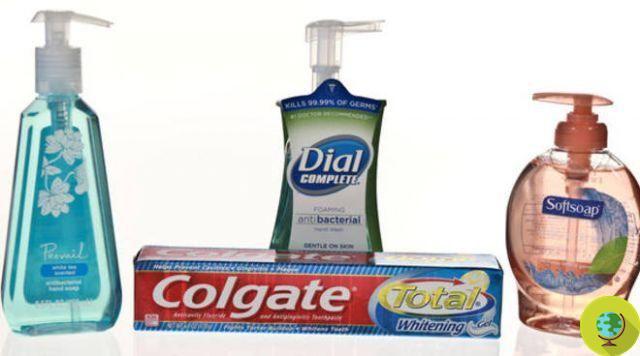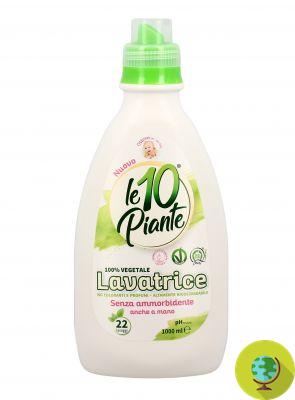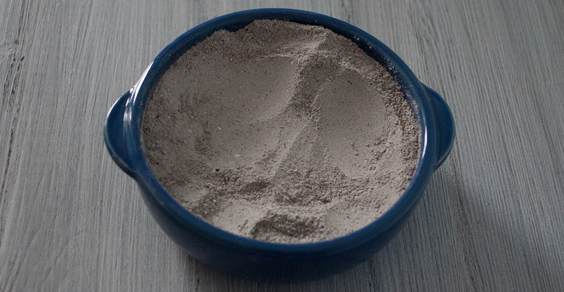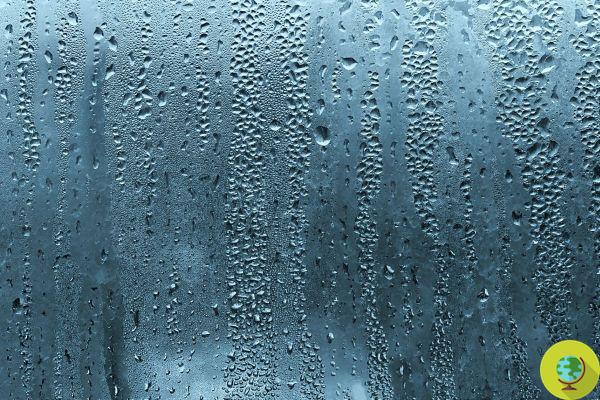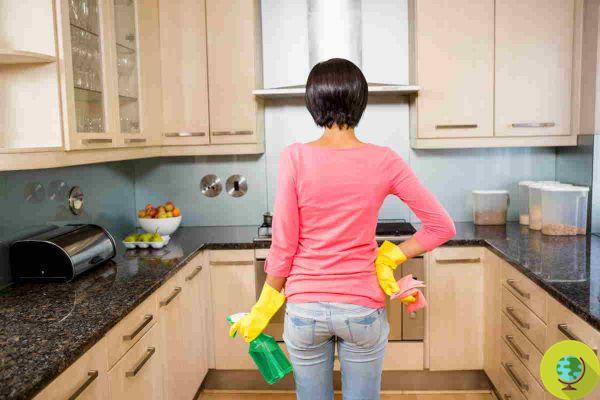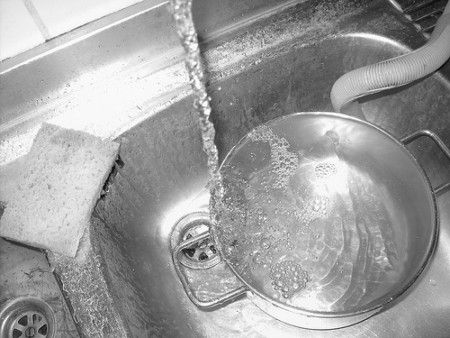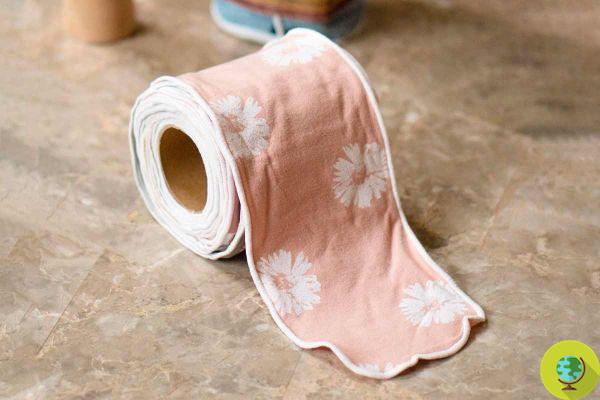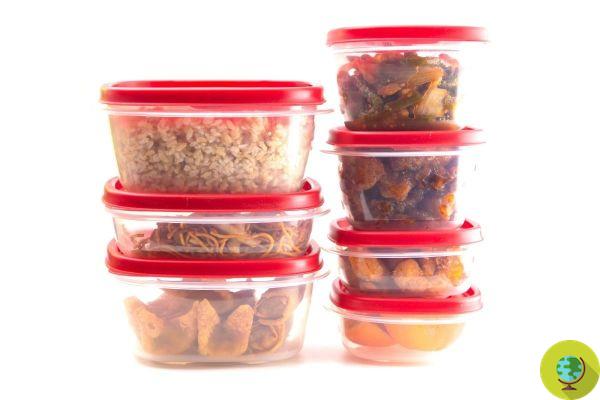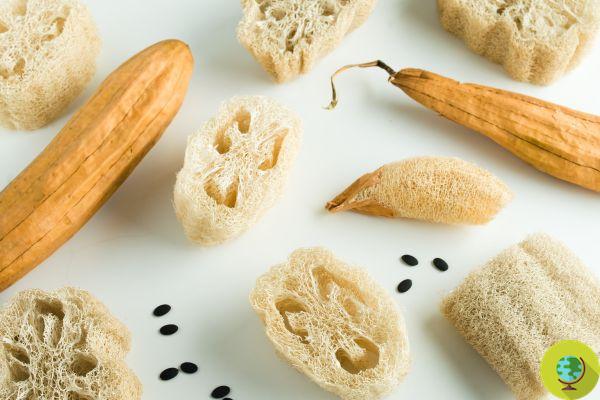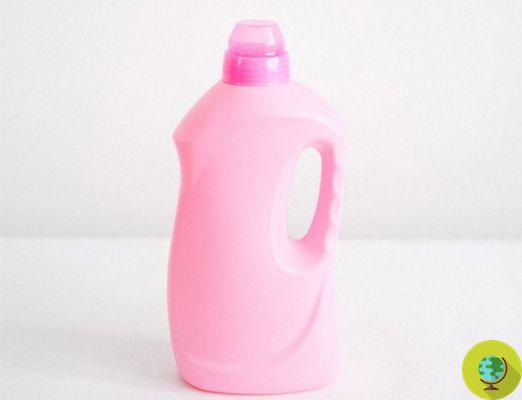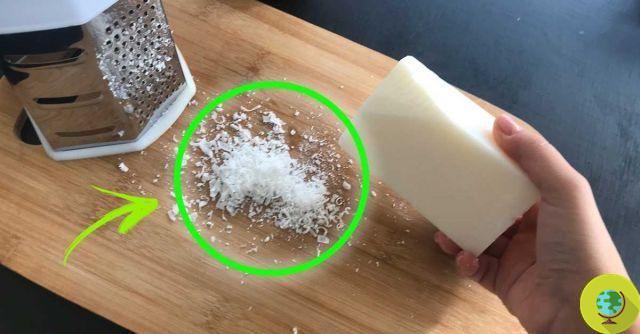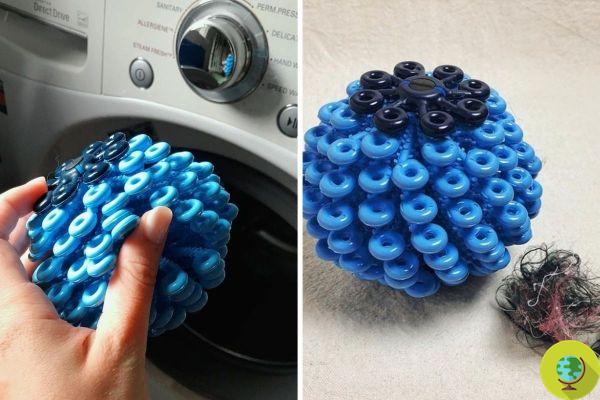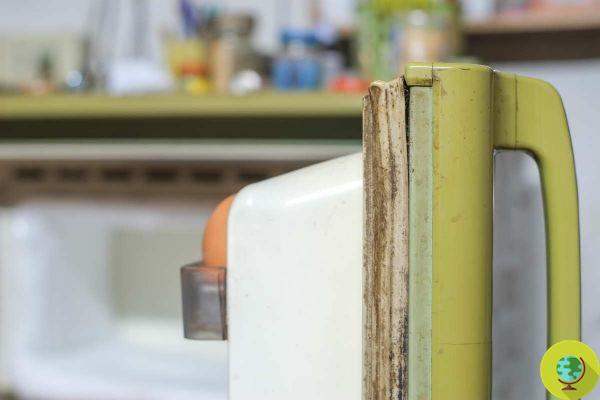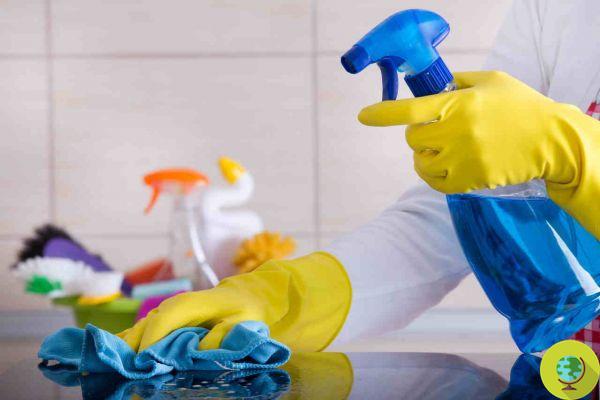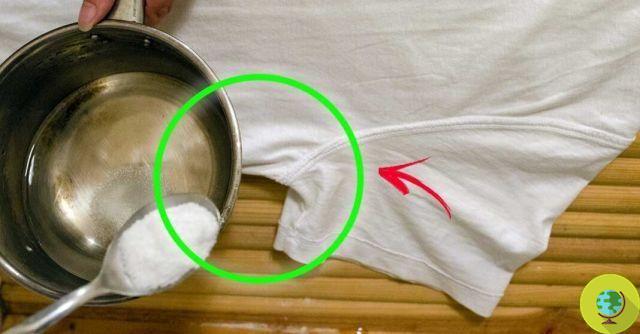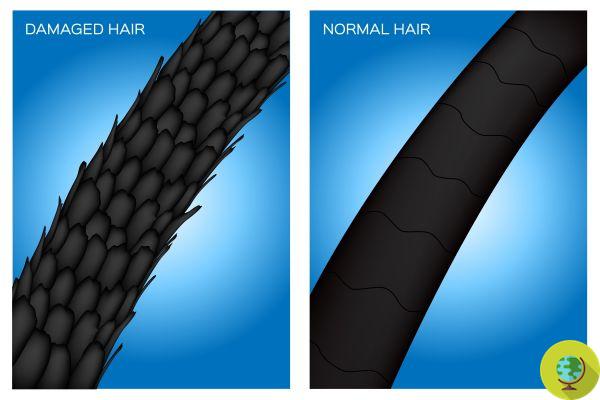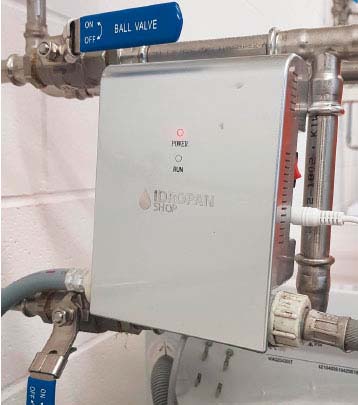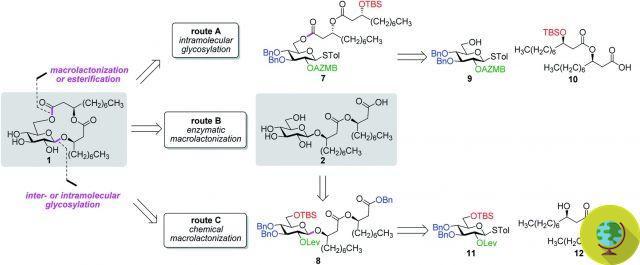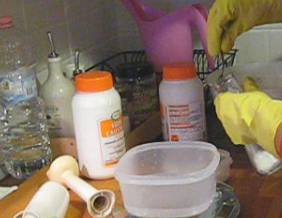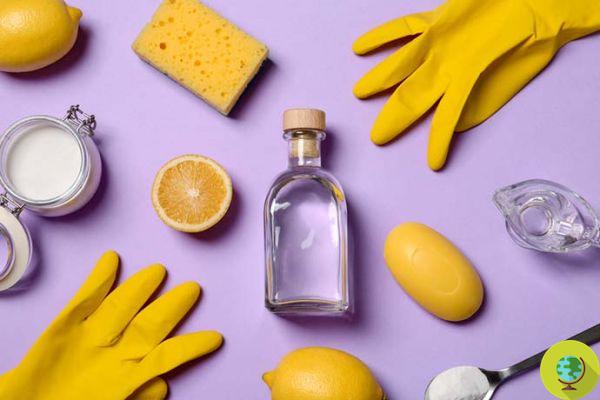
Have you ever used white vinegar or baking soda to clean around the house? These natural solutions are far less polluting than the more traditional (and chemically filled) household cleaning products. The confirmation is in a study conducted in France.
He is about to end up run over, his mother saves him
Have you ever used thewhite vinegar, baking soda or lemon to clean in the house? These natural solutions are decidedly less polluting than the more traditional (and full of chemistry) household cleaning products. The confirmation is in a study conducted in France.
Probably if you have followed our advice to clean the house naturally, avoiding toxic chemicals for us and the environment, you will have happened to use ingredients that we almost always have available: white vinegar as well as baking soda or lemon. .
A research team wanted to assess whether these solutions are indeed less polluting than their industrial counterparts. The study was conducted in collaboration between the French Agency for Environmental and Energy Management (Ademe), the National Institute for Industrial Environment and Risks (Ineris) and the Scientific and Technical Center for the construction of buildings (CSTB).
Experts cleaned, swept and polished an entire house for two and a half years before being sure of the results that may seem obvious to us: home-made cleaning products pollute much less than equivalent industrial products.
The house was cleaned, among other things, with two different methods and times: the first involved an hour and a half cleaning session per week, the other, more extreme, consisted of two 4-hour sessions. week.
The point is basically this: do-it-yourself home cleaning products release less volatile organic compounds (VOCs), substances that we inhale without even realizing and that can cause respiratory problems (but not only).
According to tests done, commercial glass cleaners leave five times more VOCs in the air than their DIY counterparts. Among other things, they often contain acetaldehyde, a substance classified as a possible carcinogen and formaldehyde, a powerful carcinogenic preservative.
Another recent research we told you about even compared the toxicity of chemical cleaners to smoking 20 cigarettes.
Too vague labels
The study also highlights other problems, including a lack of awareness of the danger that some VOCs can present.
"Of the 80 substances found in the air, we only know the toxicological values of 35 of them," said Isabelle Augeven-Bour, engineer at Ademe.
Furthermore, by reporting generic terms such as "perfume" or "surfactant", the labels are still too vague.
"We found much more in the detergents tested than the list of ingredients on the label," added Dr. Augeven-Bour.
How can we protect ourselves from volatile organic compounds
It's simple: to limit VOC emissions it is better to choose DIY recipes for cleaning the house to be made with natural ingredients such as vinegar, bicarbonate and lemon.
However, you need to know how to do it best, for example vinegar and baking soda should not be mixed together to prevent the effect of the two ingredients from canceling each other out. In this regard we point out our recipes for green house cleaning:
- Window cleaner: 5 do-it-yourself recipes
- Natural disinfectants for the home
- 5 do-it-yourself laundry detergents
- Do-it-yourself detergents: the recipe for the all-purpose lemon cleaner
- Dish soap: 5 do-it-yourself recipes
- Ecological and do-it-yourself detergents for cleaning the toilet
- How to clean all types of floors without toxic substances
- Detergents: Non-toxic DIY cleaning kit
French experts advise to do pay attention to essential oils which must be used in moderation as they are very concentrated and may cause allergic, skin or respiratory reactions.
And if we really can't leave some industrial products for cleaning the house on the shelves, let's at least remember to ventilate the rooms during and after cleaning. As the experts who carried out the test point out, 30 minutes after using them, industrial products no longer release substances into the air.
Read also:
- Apple cider vinegar: how to use it for cleaning
- 30 different ways to clean with apple cider vinegar
- Citric acid: how to use it and why to prefer it to vinegar in cleaning
- Baking soda: 50 ways to use it you don't expect




